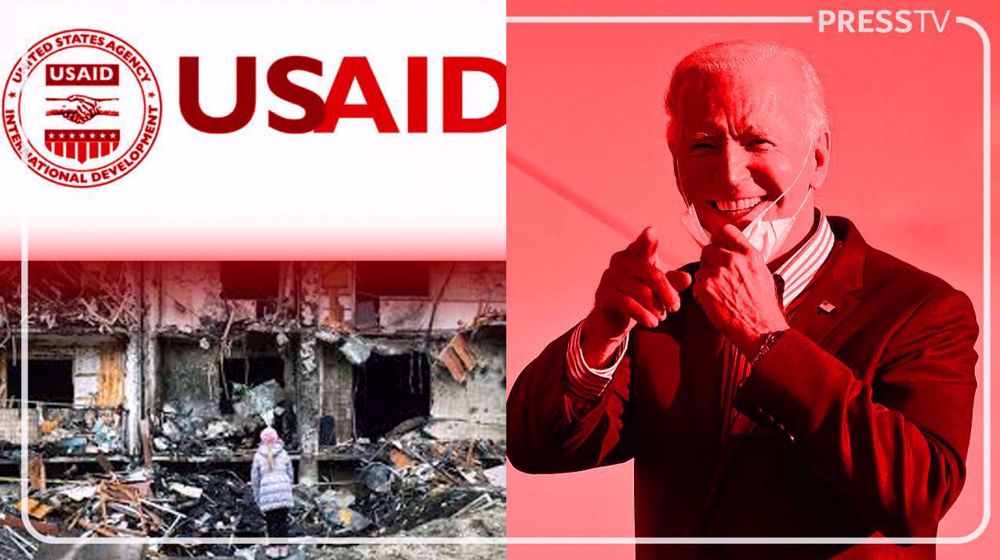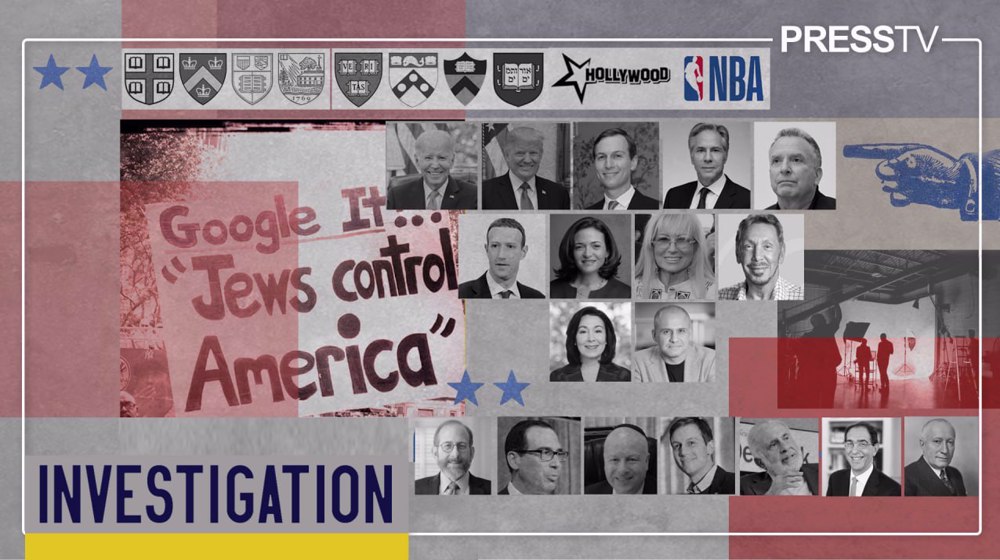De-Kleptification: The US’s latest ‘democracy-bringing’ mission
By Julia Kassem
The latest doublespeak fiasco from USAID, dubbed its “De-Kleptification guide” reveals the latest packaged re-selling of its chronic couping worldwide. Its latest press release, ringing in the freshly-minted program released September 8, is aimed at “uprooting entrenched corruption” in target countries while “seizing windows of opportunity to dismantle kleptocracy.”
While USAID, the brazen soft-power arm of the US State Department, gives a passing mention to native informant partners in target-nation “civil society” organizations, USAID doesn’t shy away from presenting its playbook as a guide for USAID staff in foreign countries.
Like a hit list, the USAID program outlines a creepy map displaying its “areas of operation” alongside “de-kleptification” case studies: from 2011 Egypt to 2019 Myanmar, USAID boasts its ability to target, uproot, destabilize, and undergo the process of regime change boasting how even the most loyal of former compradors can be uprooted by their most tied-and-true backer like a rotten tooth.
“Counter-corruption,” like “counter-terror,” ushers in a campaign to launch mass intelligence operations against sites of resistance to US imperialism and strangle the financial networks of whoever they are even remotely associated with. With these measures usually coinciding with sanctions, the “war on corruption,” led by the nation with a global monopoly over finance capital and its associated institutions responsible for the continued debt-trapping impoverishment of the Global South, freezes assets and confiscates money from the “bad” state official - even those that had been loyal compradors in the past - to ensure wealth stays in the same private hands and hedge funds of the West.
The USAID program is obviously targeted against Russia, with Ukraine being the central case study and motive for the State Department’s latest guide. Ukraine, allotted with a separate and central appendix in the document, is seen as the the US’s soft power experiment of focus.
The program is a cancerous outgrowth of USAID’s “anti-corruption task force” which introduced the ‘de-kleptification guide's predecessor: on December 8, 2021, the White House released it’s “United States Strategy on Countering Corruption,” also holding a “summit on democracy” at the same time that trained the newest batch of compradors, or “human rights defenders.”
Like its predecessor, the “US Strategy on Countering Corruption,” or the ICIJ “Pandora Papers” project also mentioned in the “De-Kleptification” report, the latest program inherits the US’s longstanding Cold-Warrior obsession with Russia, with neighboring Georgia, Romania, Bulgaria, and Moldova (which recently - surprise - underwent a US-backed coup to install EU-friendly leadership) highlighted as other case studies and key focus areas. Yet, not a corner of the world is spared from USAID’s program, with the hand of US soft-power galvanized and recognized from Sudan to South Korea.
ICIJ, which receives funds from the US regime change foundation the National Endowment for Democracy and Open Society Foundations, regularly leverages its investment in media projects worldwide in its regime change operations. In its latest De-Kleptification report, USAID mentioned supporting projects and programs Fact-alyzer and the Media Development Foundation in Georgia, RasKRIKavanje in Serbia, Chequeado in Latin America, VoxUkraine, and making use of its partnerships with the Atlantic Council’s Digital Forensic Research Lab and the German Marshall Fund’s Alliance for Securing Democracy to support more branded “grassroots” and “independent” initiatives - such as shutting down and countering Russia Today’s German-language broadcasting outlet and silencing the station’s criticism’s of Western backed Green Party Chancellor Annalena Baerbock during her run for chancellor position (and whose party took the strictest anti-Russia and anti-Nord Stream pipeline positions in compliance with US economic whims).
The report comically admits to its selective bias in countering so called “oligarchies,” admitting that while Ukrainian media “owned by oligarchs (whose interests can be endangered by reform), those oligarchs also have active business ties in the West, so USAID and its partners have had sufficient leverage to appear on these channels in order to communicate reform messages.”
Capitalizing off the hunt after “oligarchs,” the liberal West’s new white man’s burden, marketed as the greatest crusade against the “backwards” East, it is evident that “anti-corruption” in the deindustrialized Fourth Industrial Revolution just seems to punish use of national wealth to develop a country and benefit it’s citizens - something that gets accosted by the likes of the EU and it’s de-growth “green goals” for the global south. Ironically, nations in the East overcoming internal contradictions of fragmented systems to build nationally oriented economies is what is accosted as “kleptocracy” in an ironic double speak that explains why building an “anti-corrupt” “Open Society” often means bending to international finance capital and its hedge funds, deindustrializing, and dissolving national institutions and infrastructure towards servicing international finance capital’s latest iteration. It upholds the real kleptocracy of the site of history’s longest wealth expropriator - the Western world, and specifically post World War II, the United States, who, in their report suggest working with State Department or the UK’s “Anti Corruption Coordination Center” or the World Bank’s own corruption task force - in “recovering” and seizing funds, at their own discretion, from actors they decide to designate as “corrupt” or “illicit.” This obviously further perpetuates the historical cycle of expropriation of wealth and its accumulation in the Global North under the latest paternalistic pretext.
Yet if we are to restore the real definition of corruption as the transfer of public assets to private gain, ironically defined as such in the report itself, the United States, as the country’s Treasury Secretary, Janet Yellen admitted in a December 10, 2021 speech, is the ‘best place’ to launder and hide illegal funds. For every leader or figure named in the Pandora Papers oriental despotic report (that conveniently named no US billionaires or Gulf princes) was the enabling of the US (and Dubai) as an all-access site of overseas (and domestic) tax evasion.
Yet the ‘democracies’ of these nations function as little more than an assortment of substantially identical products marketed to different consumer bases. Like the myriad versions off corn syrup on the supermarket that gives the shopper the illusion of choice, so too are different brands and flavors of ‘democracy’ presented to voters in the US, Canada, the UK, or Germany; some partisan flavors red, some blue, others green, but all substantially the same composition of functioning as lapdogs to portfolio managers and arms dealers.
Julia Kassem is an Economics and Political Science graduate from the University of Michigan, currently working on a Masters in Urban Policy and Planning from the American University of Beirut. Julia is also a freelance writer, having contributed to Detroit's own Riverwise, Against the Current, blogs like the Establishment, and nationally syndicated outlets such as Counterpunch, Mintpressnews, and TruthOut.
(The views expressed in this article are the author's own and do not necessarily reflect those of Press TV.)
Venezuela has right to build relations with Iran: Interim president
Six Palestinians injured in Israeli settler attacks in West Bank
EU, Mercosur sign international trade deal sending ‘clear signal’ to Trump
VIDEO | Mosque, community center targeted in Tehran arson attacks
VIDEO | Paris protesters call for release of Palestinian abductees
VIDEO | Protesters in Baghdad stand with Iran, reject foreign violence
VIDEO | Iran's Leader: US must be held accountable for orchestrating violence in Iran
UAE’s state oil company weighs major investment in Venezuela’s gas: Report










 This makes it easy to access the Press TV website
This makes it easy to access the Press TV website